Four Corners and QAnon: Horror real or imagined
Contrary to the impression given by the ABC’s Four Corners, allegations about satanic child abuse go far beyond QAnon.
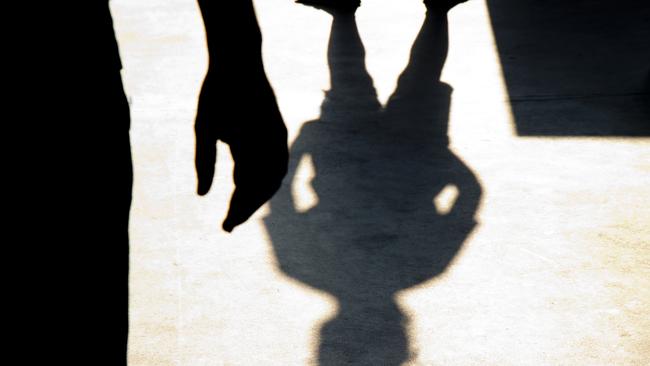
On Monday night, the ABC’s Four Corners program devoted 45 minutes to an investigation of Scott Morrison’s purported association with the QAnon conspiracy theory, which posits that high-level satanists are involved in widespread global child trafficking.
Much of the report focused on the Prime Minister’s apology to victims of child abuse in October 2018, when he mentioned the crime of “ritual sexual abuse”, a term commonly used by QAnon believers.
Sydney criminologist Michael Salter was among the experts who appeared puzzled by Morrison’s use of this term.
The “discredited theory” of ritual sexual abuse, as Four Corners reporter Louise Milligan noted, is indeed highly controversial. Its vision of a global network of satanic pedophiles is unsupported by any police investigations, and there appears to be no evidence that the Prime Minister believes in this bizarre idea.
But ritual abuse does have its believers and promoters in Australia, and what Four Corners strangely failed to mention is that Michael Salter and certain sections of the ABC have been prominent among them. Contrary to the impression given by Monday night’s report, allegations about satanic child abuse are not just a recent manifestation of Trumpist right-wing hysteria. This is a mythology that goes back centuries, from the witch-burning of the Middle Ages to the anti-Semitic tropes of the early 20th century.
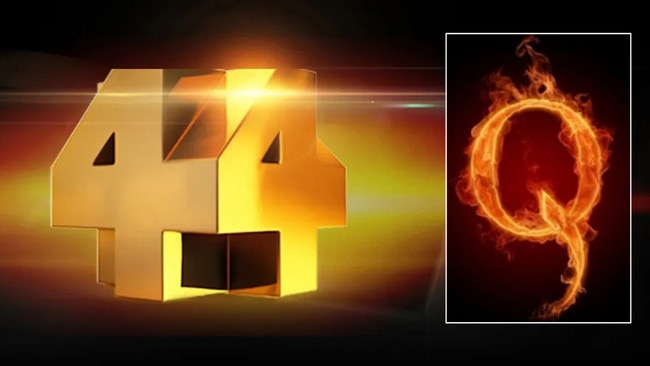
Since the 1980s, ritual abuse stories have most commonly emerged from psychotherapists’ counselling rooms, where thousands of patients have recalled horrific childhood memories of witnessing robed figures torturing, abusing and murdering children in ritualised occult-like ceremonies. Such allegations were once taken so seriously that in 1994 the NSW government published a booklet for health workers warning them to be alert to this new threat.
Few people have documented this phenomenon more exhaustively than Salter, who earned his doctorate in philosophy at the University of NSW by interviewing people about their memories of ritual, satanic and other forms of organised abuse. Salter compiled these horrifying accounts into a PhD thesis and later a 2013 book, Organised Sexual Abuse, which sympathetically recounted the “life histories” his interviewees shared. “Frequently, the only evidence they have to offer in support of their accounts are their own memories,” he wrote.
Among his subjects was “Cara”, who told Salter her parents and grandparents were members of a large Masonic cult in eastern Australia, which gathered in underground chambers and large halls where they tortured and abused her and other children over several years in the 1970s. “Cara” has since identified herself as a 53-year-old disability support worker and has written her own account of her story, which revealed that her memories of abuse did not emerge until she was undergoing psychotherapy at the age of 24.
Diagnosed at various times with borderline personality disorder, brief reactive psychosis and dissociative identity disorder, she remembers that as a child she was caged, tied to altars, placed in coffins with spiders, raped, drugged, tortured, hypnotised and subjected to “mind control” techniques. She believes her family was part of a “criminal stratum” manufacturing child pornography.
By the late 1990s, police and leading psychiatrists were already deeply concerned about the paucity of evidence supporting such accounts, which invariably came from adult psychotherapy patients experiencing “recovered memories”, or from very young children undergoing counselling. Disastrous cases such as the McMartin preschool prosecution in the United States showed how easily children can be induced into phantasmagoric allegations, and police investigations almost always came to nought.
The Wood Royal Commission into NSW police extensively investigated ritual abuse claims in the late 1990s and concluded that although “everything is possible”, the phenomenon was often tied to methods of questioning of young children, the unreliable recovered memories of adults, the influence of media reports and the spread of conspiracy theories.
Such findings – and a raft of lawsuits in which psychotherapy patients sued their counsellors for inducing false memories of abuse – caused a deep rupture in the counselling and psychiatric professions. The eminent psychologist Richard McNally, director of clinical training at Harvard University, has described recovered memory therapy as “the worst catastrophe to befall the mental health field since the lobotomy era”. But a large cohort of academics, counsellors and activists vehemently disagree, insisting that recovered memories are reliable, and that scepticism about ritual abuse reflects society’s denial of child sexual abuse.
Salter is Australia’s most high-profile proponent of this belief.
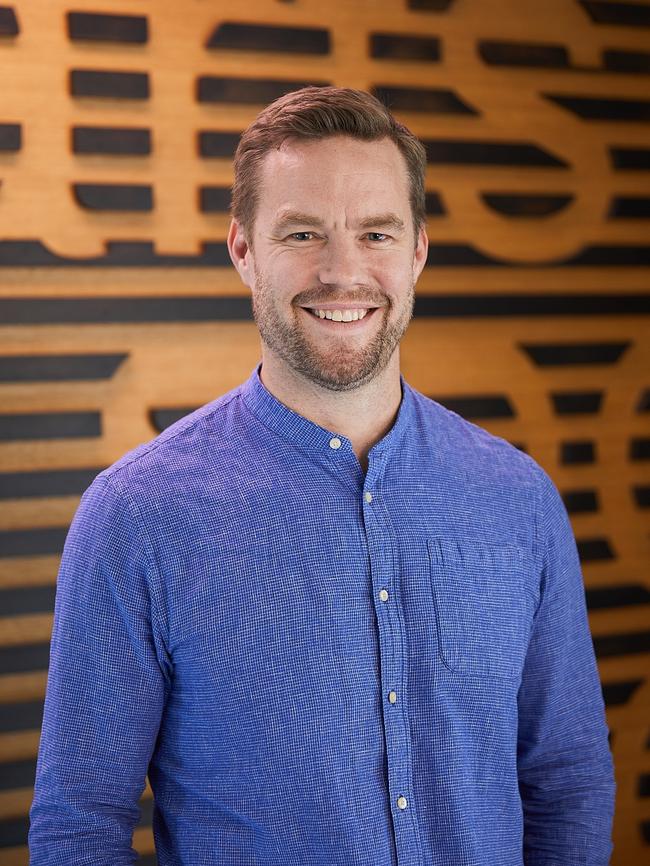
From 2007 to 2010, he was a board member and occasional spokesperson for the counselling organisation now known as Blue Knot Foundation, where he co-wrote and helped launch a 48-page booklet entitled Ritual Abuse and Torture in Australia. According to a report on Crikey on Friday, this booklet was among the materials the Prime Minister’s office has cited to support the legitimacy of his mentioning “ritual sexual abuse” in his apology speech. The head of Blue Knot, Dr Cathy Kezelman, has herself recovered memories of ritual abuse, while in psychotherapy, and in 2010 she published a memoir titled Innocence Revisited. In it Kezelman recalled how she recovered childhood memories of being taken by her father as a five-year-old to a cave in which her grandmother and a sadistic mob dressed in cloaks abused her on a stone altar and dismembered a young girl. The ABC was among the many media outlets which helped Kezelman promote her book, featuring her in interviews across its radio network which did not subject her allegations to any fact-checking or corroboration from her family. In 2017, Kezelman’s brother and mother, who is a Holocaust survivor in her 90s, told this newspaper they completely repudiated her account of her childhood and had been devastated by the media’s unquestioning reporting of her claims. Salter, by then a lecturer in criminology at the University of Western Sydney, was among those who came to Kezelman’s defence on Twitter.
“Cathy is a nationally recognised expert in trauma-informed care because her work is scientifically robust,” Salter tweeted, describing the reporting of her family’s views as “foul”.
Blue Knot has since gone on to become the most high-profile child abuse advocacy organisation in Australia, thanks largely to its involvement in the Royal Commission into Institutional Responses to Child Sexual Abuse.
Salter is now an associate professor of criminology at UNSW and a prominent member of the International Society for the Study of Trauma and Dissociation, where he once co-chaired its working group on ritual abuse, mind control and organised abuse.
His book Organised Sexual Abuse acknowledges the possibility of false and fantasised allegations but argues that widespread scepticism about ritual abuse is part of an anti-feminist backlash that victimises abused women and children, along with the therapists who work on their behalf.
Despite the Wood Royal Commission’s findings and the failure of multiple ritual abuse prosecutions in Australia, a persistent belief in it remains entrenched in many areas of the child protection system. Among the organisations which vouch for its existence are the Canberra Rape Crisis Centre, Queensland Legal Aid, the Brisbane Incest and Rape Survivors Support Service and the Western Australian Police Service. The royal commission into institutional abuse published several first-person testimonies from people who claim to have survived ritual abuse, without commenting on their reliability. Among them was a man who “recovered memories of being ritualistically sexually abused from the age of three by several church leaders” in satanic ceremonies that involved torture and sodomy.
The ABC, too, has continued to air these kinds of allegations, most notably in the 2017 podcast Trace, which suggested that Catholic priests may have been involved in the brutal murder of Melbourne bookshop owner Maria James in 1980. In support of this theory, the podcast gave extensive airtime to a Melbourne man who recounted that as a child he witnessed four children being murdered by Catholic priests in cult rituals in the 1960s. The man’s psychiatrist told Trace she had “no doubt” her patient’s account was reliable, and reporter Rachael Brown noted that the Catholic Church had accepted his allegations and paid him $33,000 in compensation.
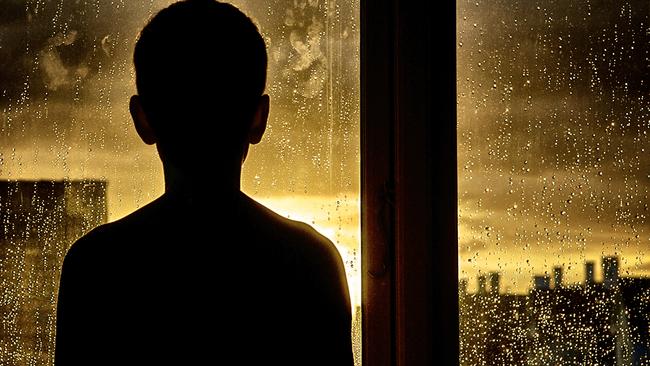
But the podcast failed to make clear that he had recovered his memories of abuse as an adult, and believes that satanists, the CIA, the Catholic Church and the child abuse royal commission are all part of a global pedophile conspiracy. Trace subsequently won a Walkley Award for excellence in journalism.
The QAnon conspiracy theory – which posits that Hillary Clinton and other prominent US Democrats are satanists involved in child trafficking and murder – appears to be the latest incarnation of the same dark allegations which have swirled through the child protection and sexual assault fields for decades. This time, however, it has emanated from the extreme right, fuelled by the underground networks of the internet.
It was Crikey reporter David Hardaker who first revealed, in 2019, that Scott Morrison’s good friend Tim Stewart – an ardent QAnon believer – may have been involved in Morrison’s decision to use the phrase “ritual sexual abuse” in his apology speech.
Four Corners on Monday night reproduced a 2018 text message allegedly sent by Stewart in which he told his wife: “An army of victims and therapists would specifically love it if Scott’s apology referenced ‘ritual abuse victims’.”
In fact, many self-proclaimed ritual abuse survivors did celebrate across social media when Morrison used the phrase, which they saw as vindication of their memories. One might have expected Salter to echo that view on Four Corners, but instead he appeared to criticise the Prime Minister.
Although he acknowledged that the apology speech was gratefully received by abuse survivors, Salter went on to say: “Ritual child sexual abuse wasn’t a focus of the royal commission. It wasn’t evident in the reports or in the recommendations and so, certainly, there were questions about ‘Where did this phrase come from? How did it arise? How did it come to be in the Prime Minister’s speech in the manner that it was?’
“I’m in contact with international networks of mental health workers who treat children and adults who have been subject to sexual exploitation, and I was contacted, I was emailed … it’s a very sensitive phrase.”
The Weekend Australian emailed Salter and asked whether he believed the Four Corners report might have conveyed a false impression that he was sceptical about ritual abuse, but he did not respond. ABC reporter Louise Milligan also refused to comment, but an ABC spokesperson released a statement defending the broadcaster’s reporting.
“Four Corners is aware of Michael Salter’s background and that’s part of the reason we spoke to him for The Great Awakening,” the spokesperson said. “Four Corners spoke to Dr Salter at length for this report and accurately presented his views on the topic the program investigates, which involved QAnon and the Prime Minister’s October 2018 National Apology to Victims and Survivors of Child Sexual Abuse.
“The ABC has covered these sorts of issues from many angles and perspectives over many years and will continue to do so.”
In recent years, Salter has expanded his range of interests to include research into domestic violence, child pornography and masculinity, for which he has earned high praise. He has addressed international law enforcement meetings and was lead author of a major 2020 report for the domestic violence agency ANROWS. In recent presentations he has disavowed any sympathy with the QAnon movement, insisting that the ritual abuse allegations he and others have pursued over past decades are far more credible than the utterances of zealous Trump supporters who stormed the US Capitol in January.
Referring to QAnon in a recent tweet, he said he was “astonished that imaginary child sexual abuse attracts the attention of millions while actual child sexual abuse is so easily ignored”.


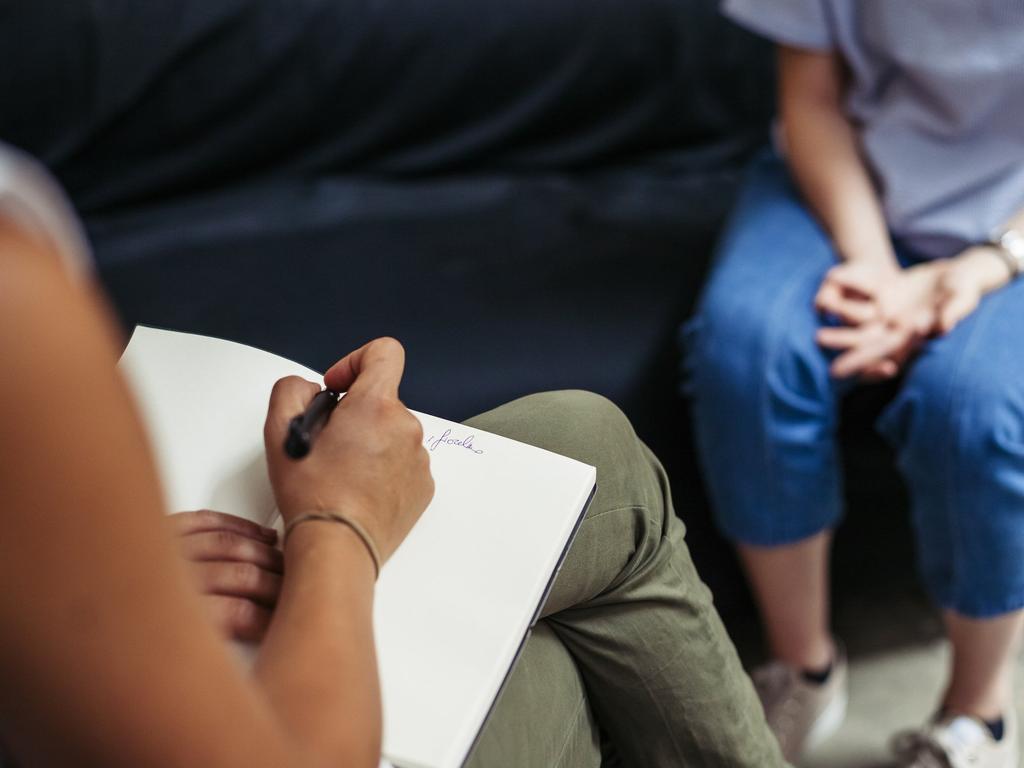
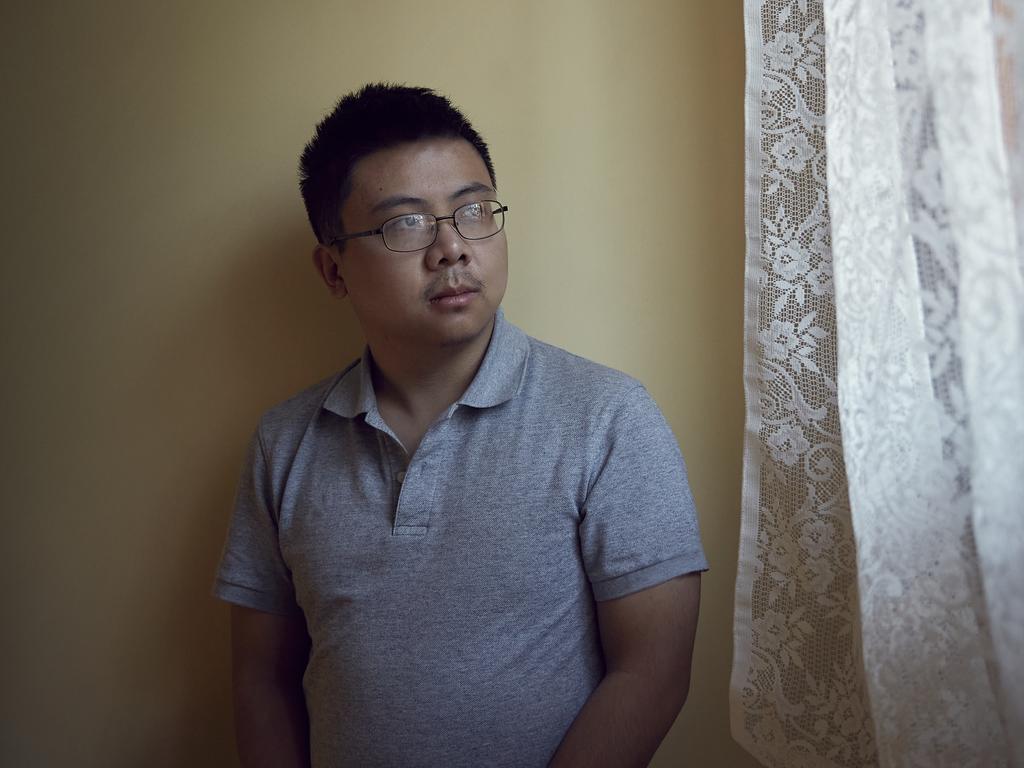
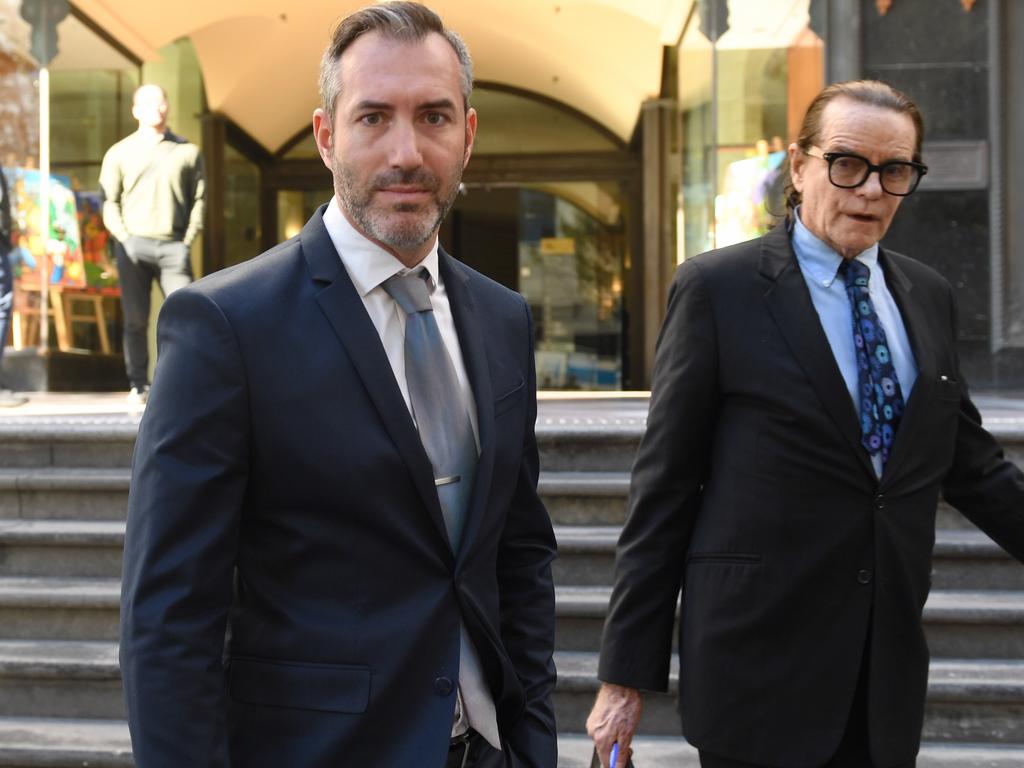
To join the conversation, please log in. Don't have an account? Register
Join the conversation, you are commenting as Logout